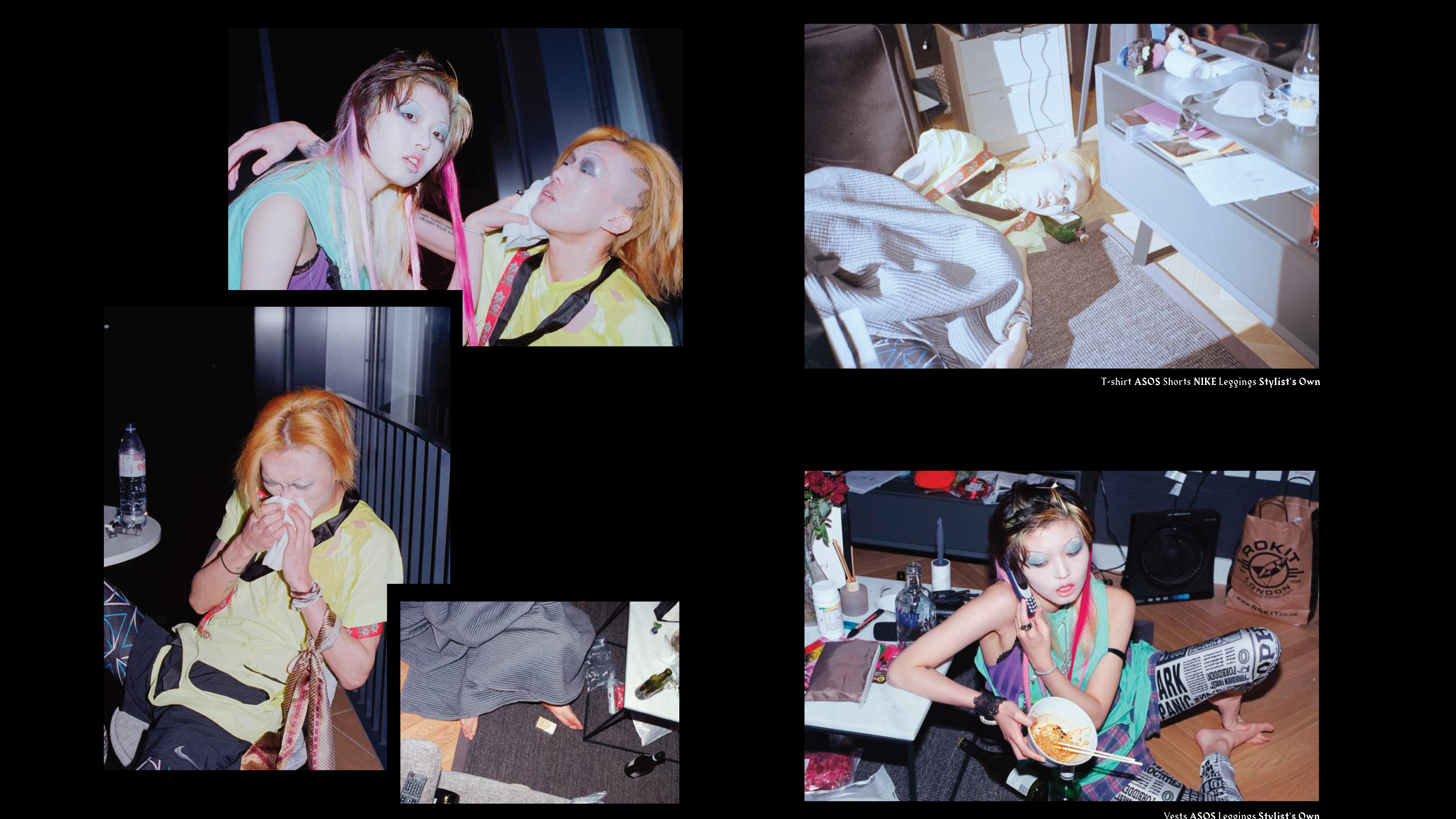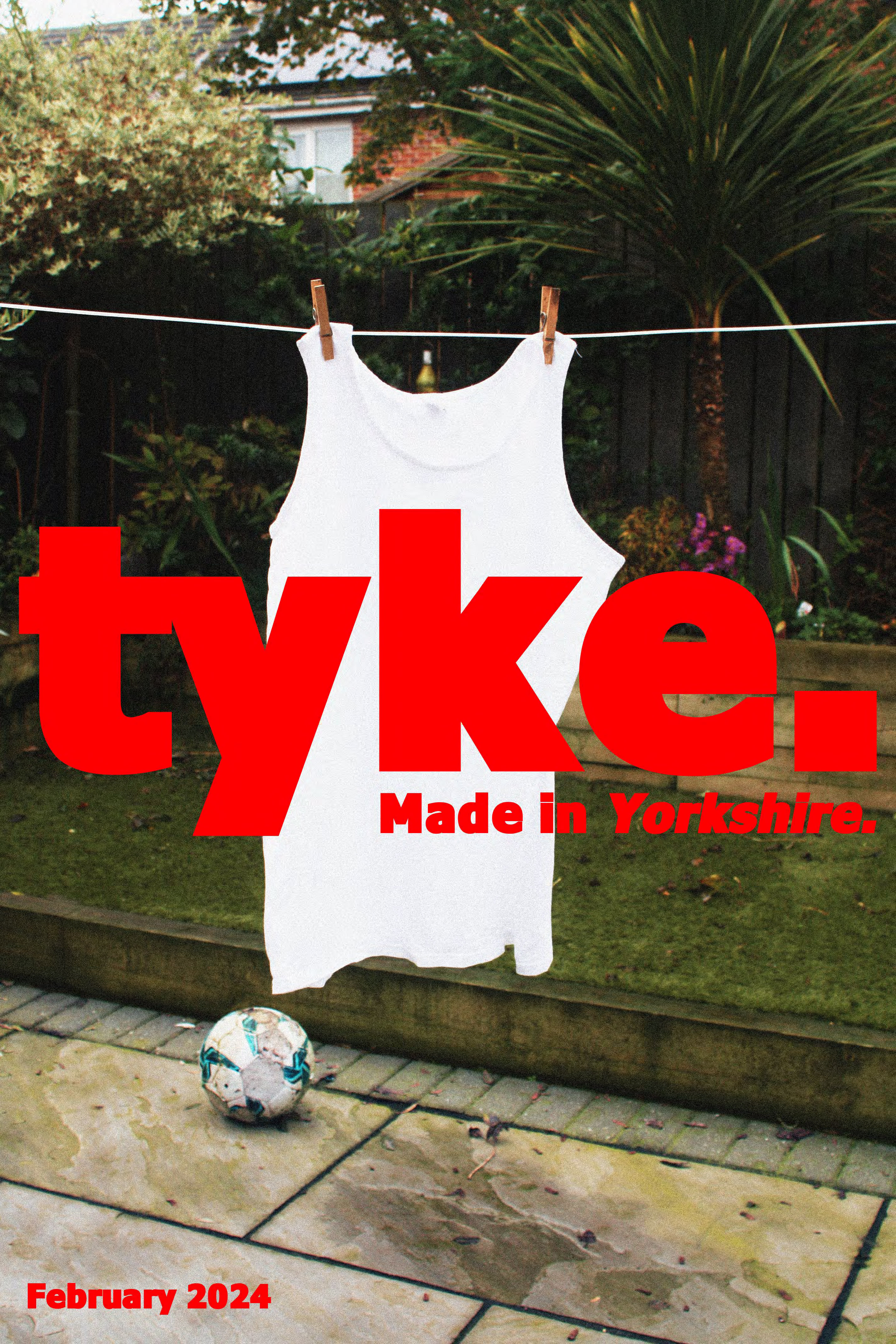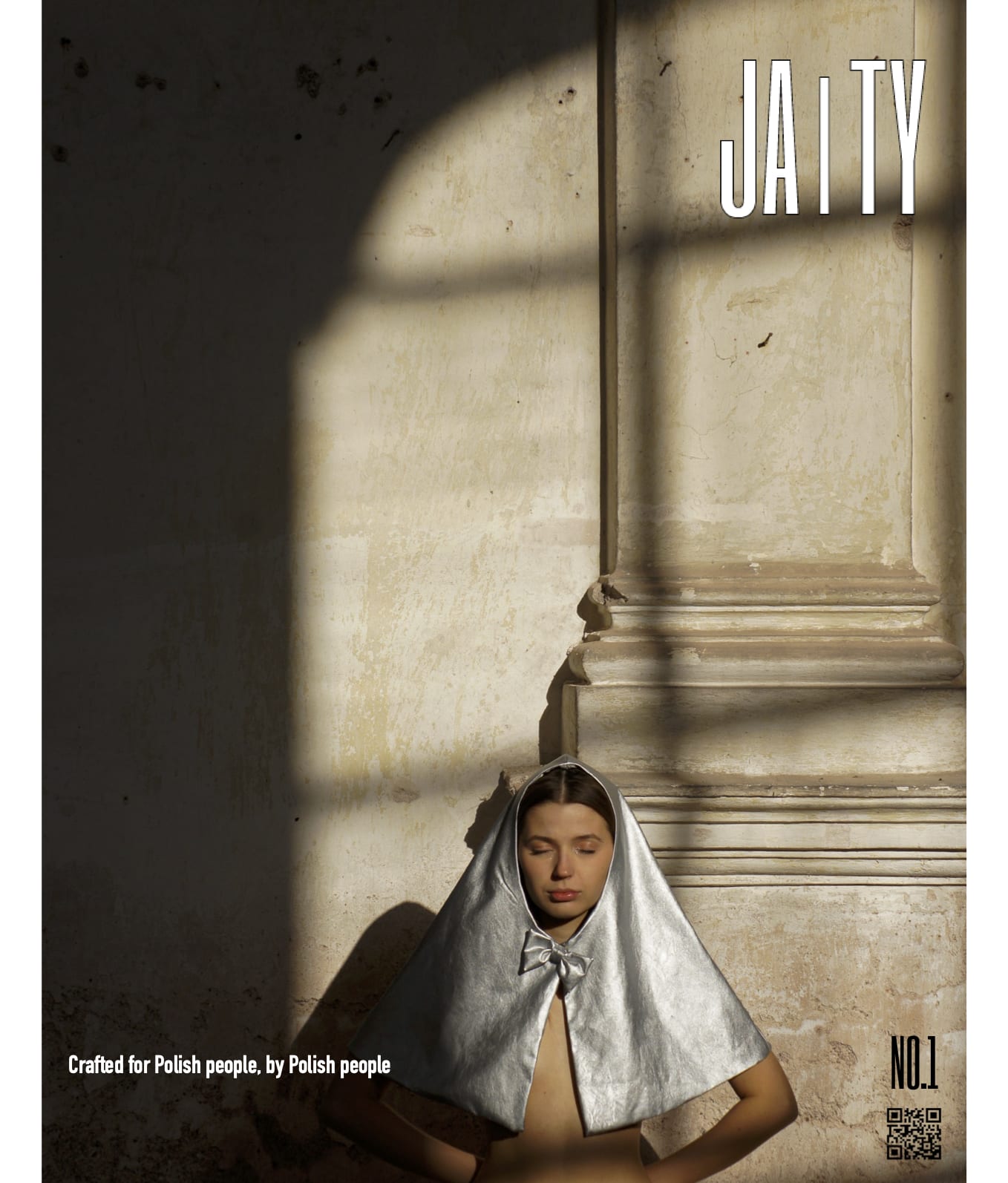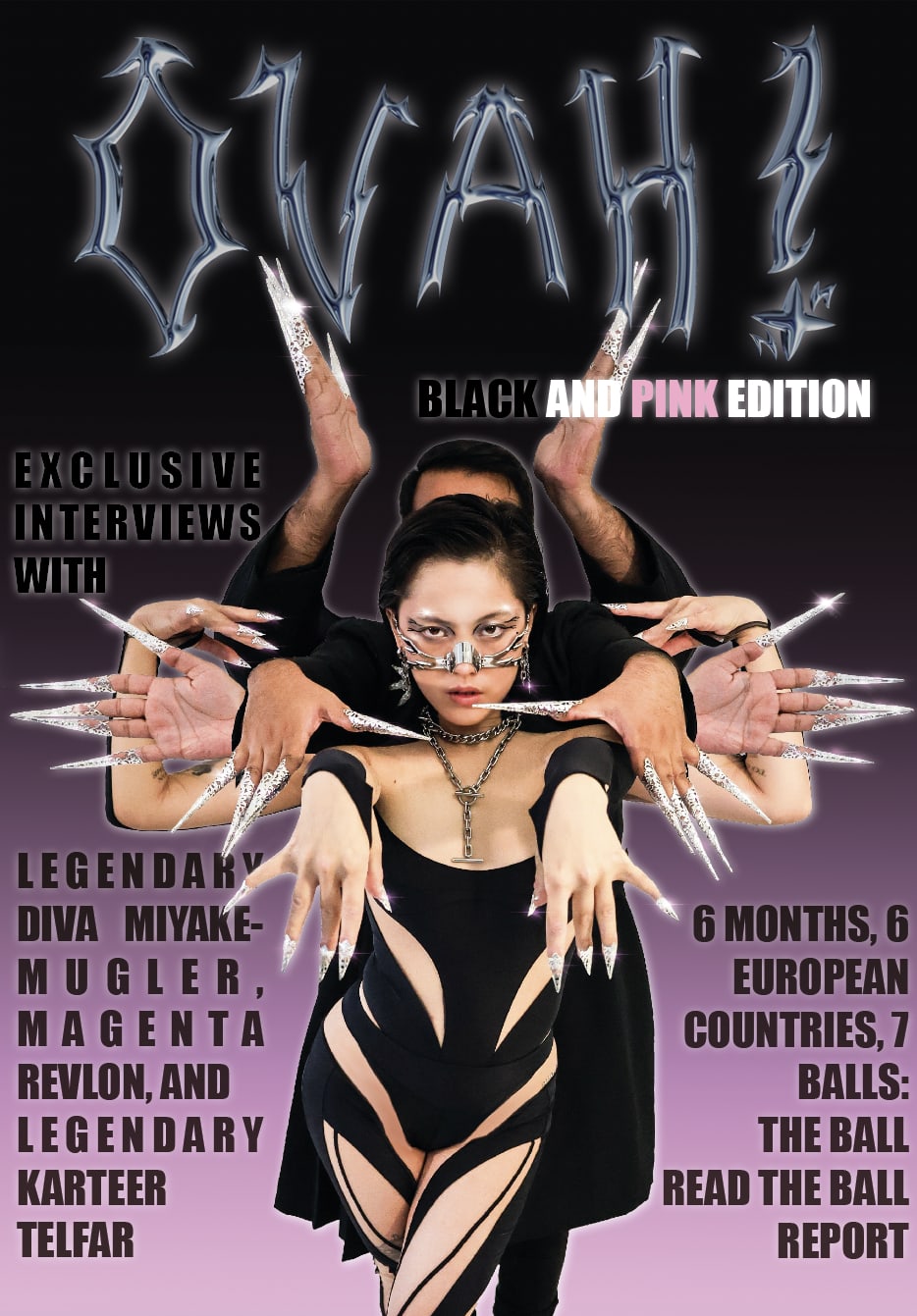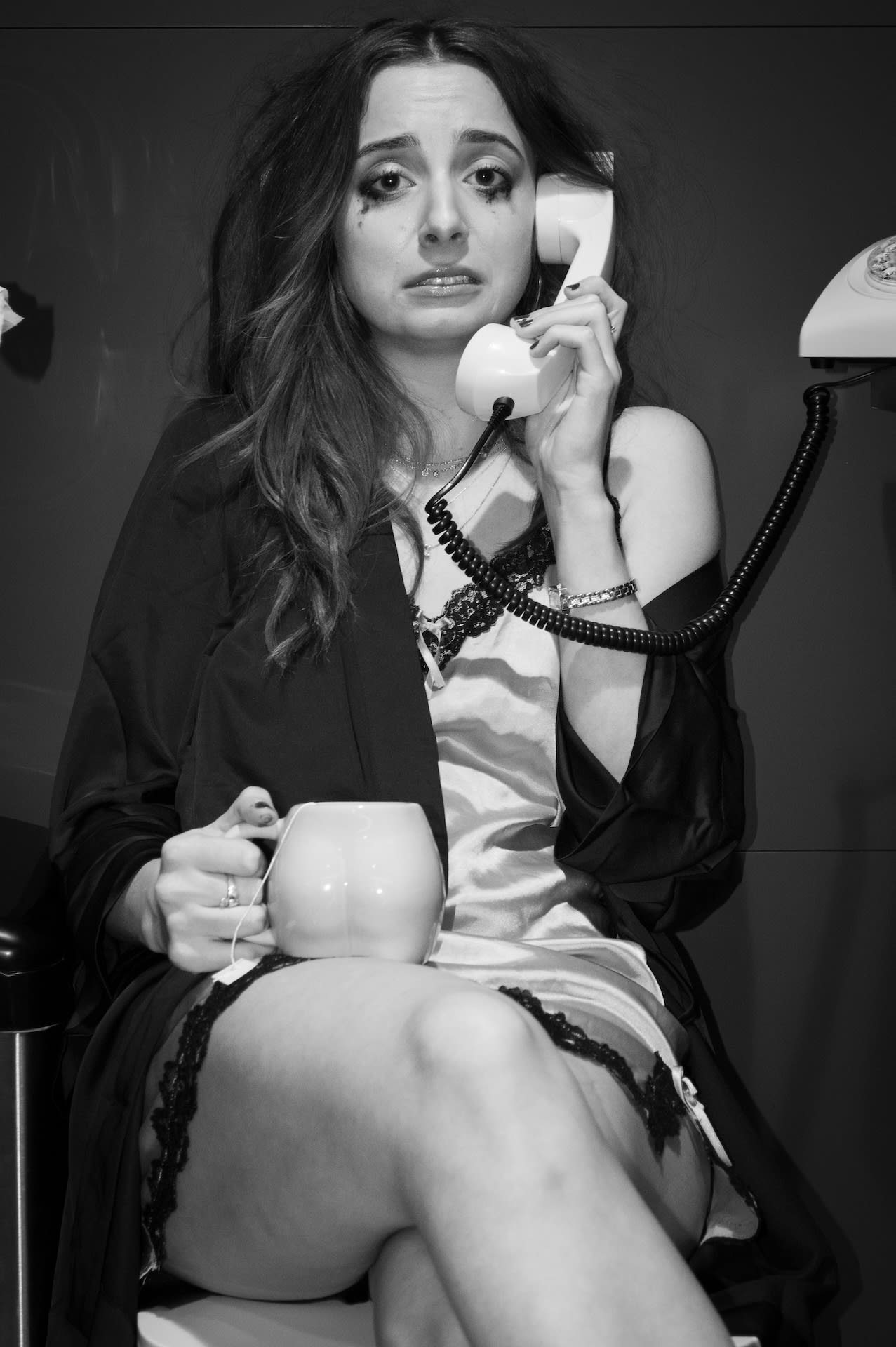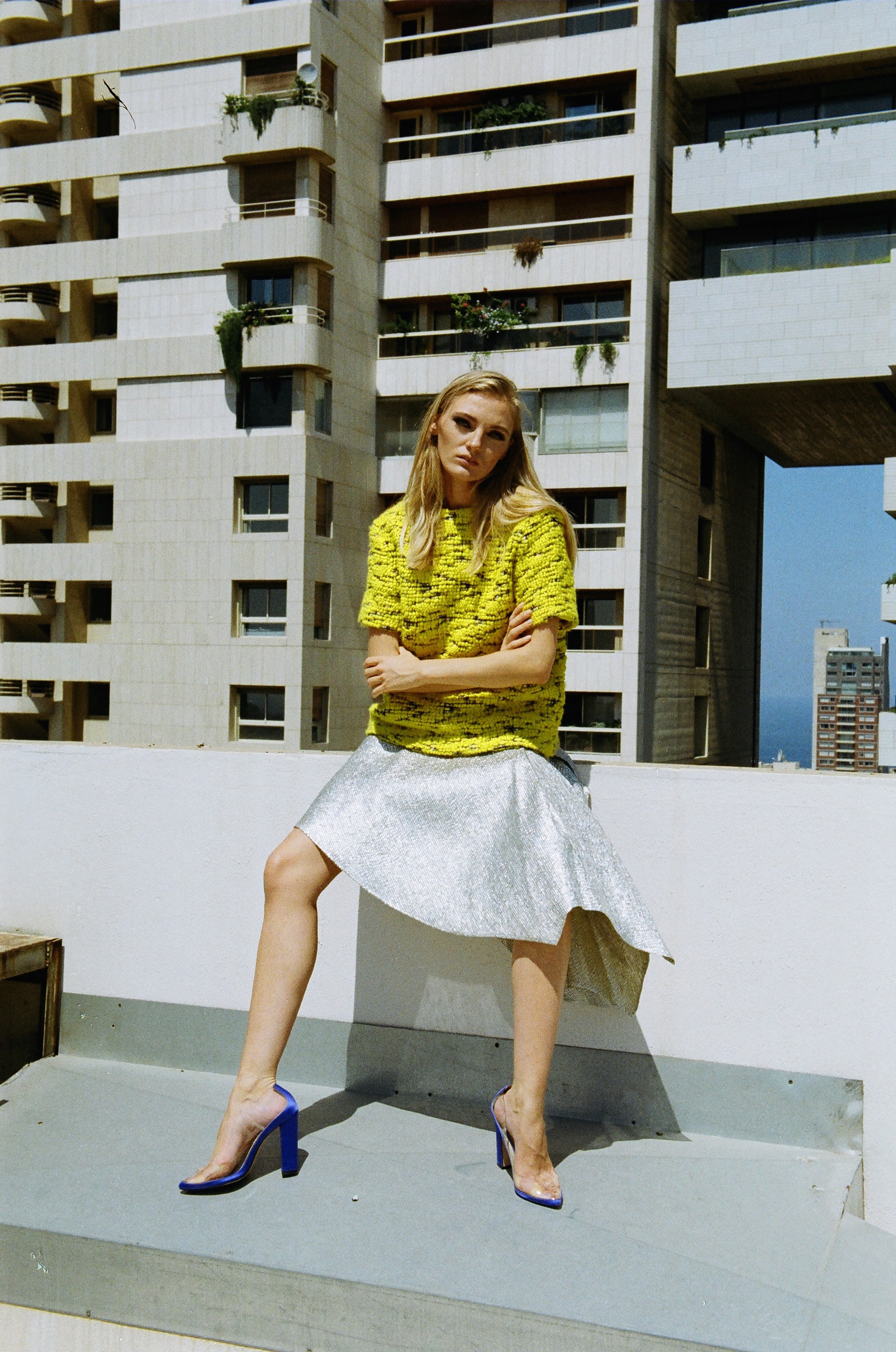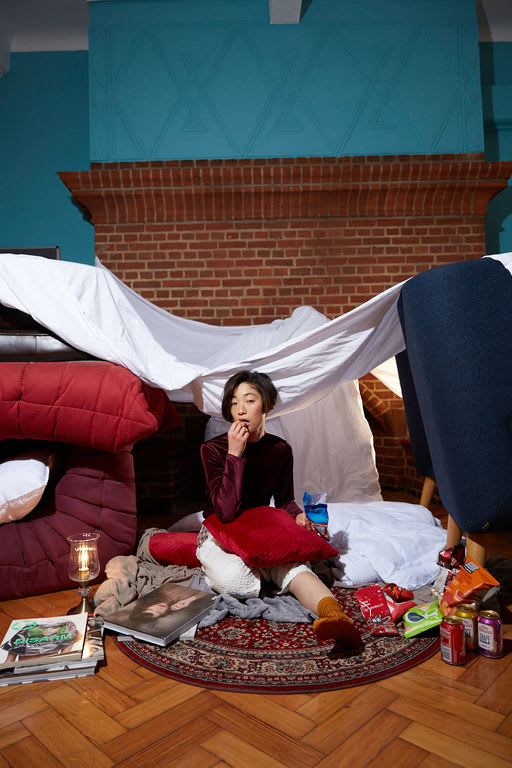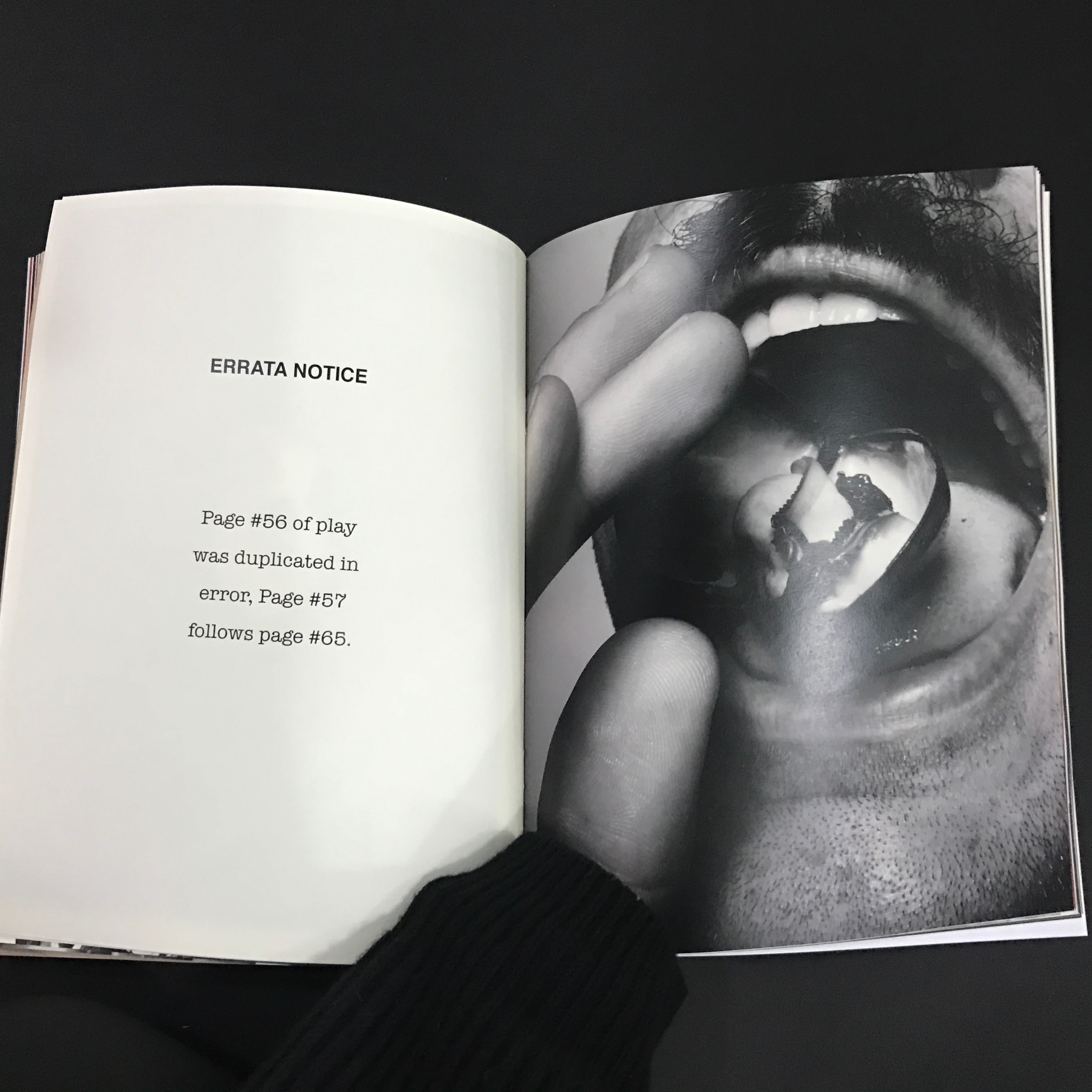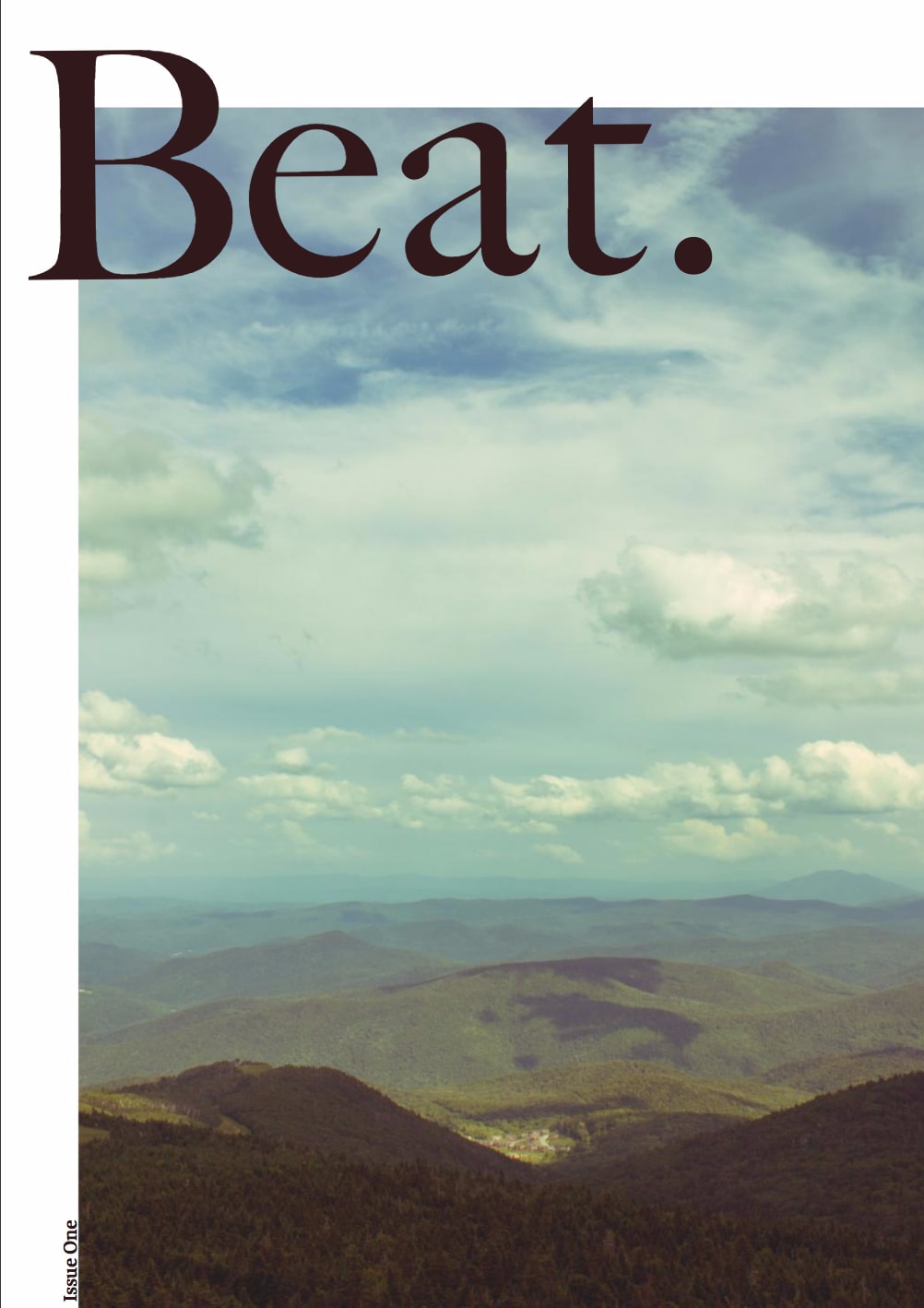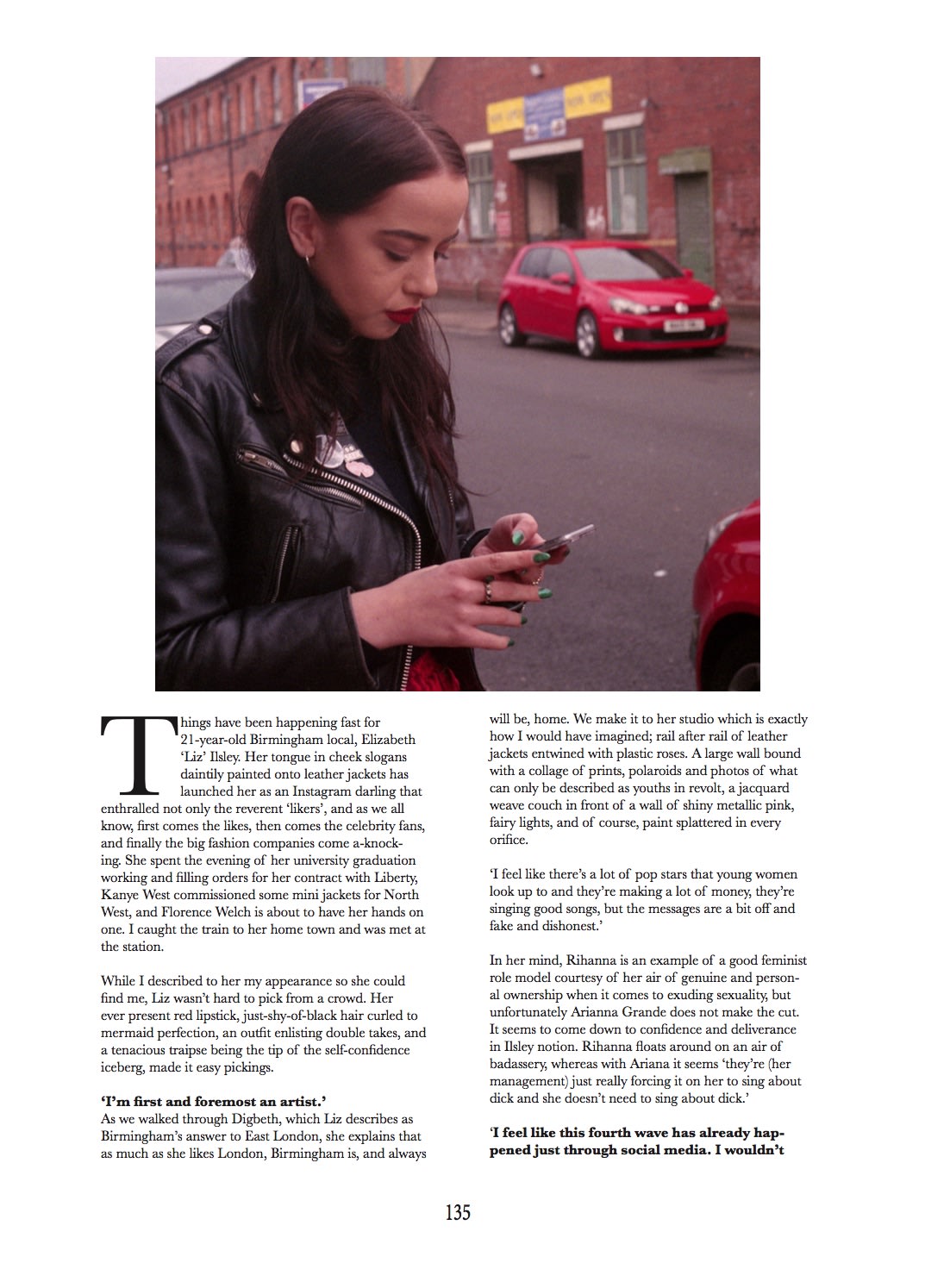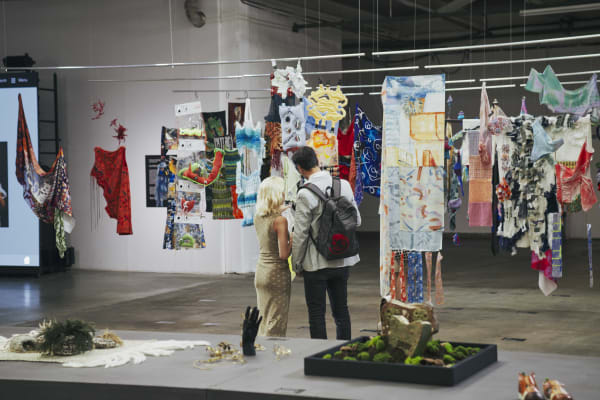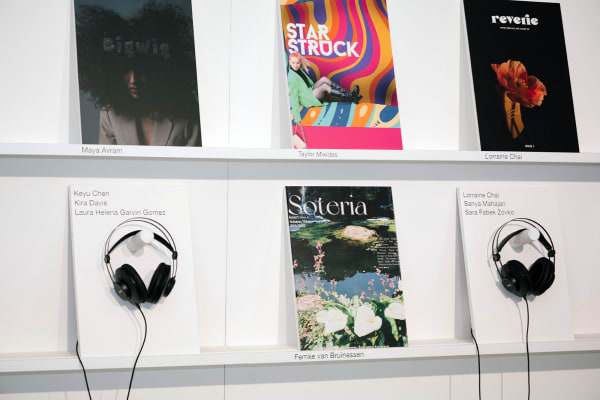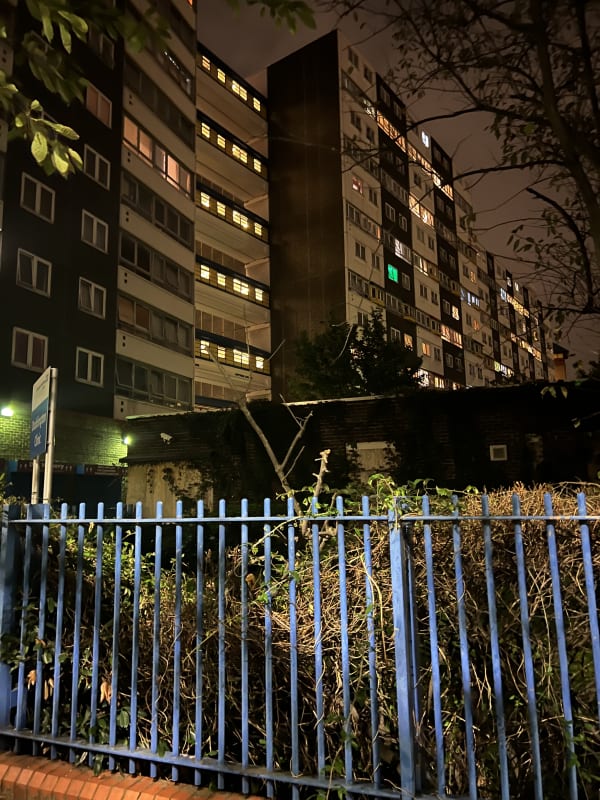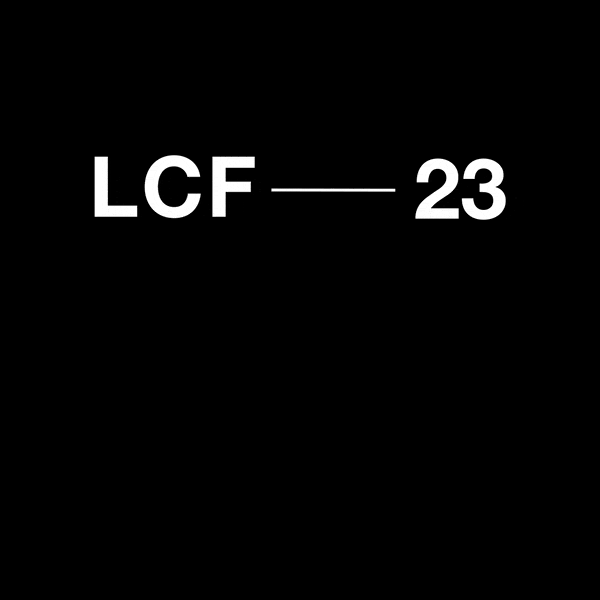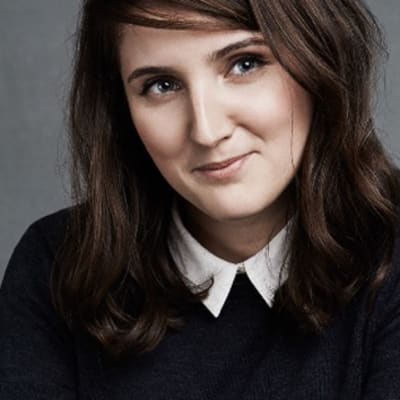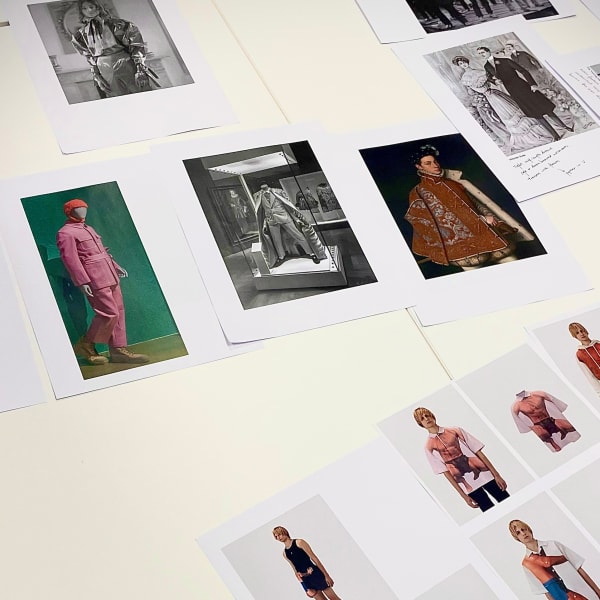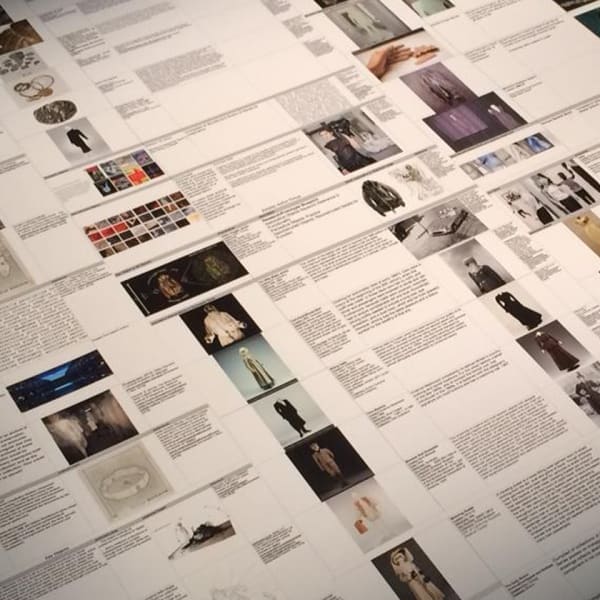Course overview
MA Fashion Journalism and Content Creation is a well-established course that has been designed for graduates/professionals who wish to explore the changing face of fashion journalism, whether that be from an academic, consumer or entrepreneurial perspective.
The course offers a proactive approach to the rapidly changing global landscape that challenges the role of the fashion media and examines how, as a practitioner, you can successfully disseminate an editorial message within it.
In the light of globalisation and numerous ongoing controversies surrounding the fashion industry, the course examines a number of sociological and ethical issues that are emerging for journalists and content creators.
Students are encouraged to challenge the current fashion system and develop disruptive editorial strategies that could potentially have both social and politically active outcomes.
Focusing on both the written word and the curated fashion image, the course teaches expertise in both commercial content creation and traditional journalism as well as publishing; in short, how to be a commentator, editor and entrepreneur, both digitally and in print.
Students engage with the subject matter on a number of different levels, from theoretical discourse, to vocational publishing and digital projects, developing a skill base that fosters a broad variety of expertise.
Course content encompasses an in-depth knowledge of the fashion industry globally (in both western and non-western contexts), to practical editorial and technical skills that enable students to assemble and create multi-platform products that incorporate both traditional journalistic skills and more experimental methodologies.
Successful applicants will have the opportunity to engage with a number of industry professionals from a variety of fields (digital, creative, editorial, publishing), but will also examine broader market forces that are contextualising the industry commercially and creatively.
The MA culminates in a self-negotiated project with a number of different potential outcomes, from a traditional dissertation or book proposal to commercial media products that can potentially offer a combination of print and online elements as well as a business model that will theoretically enable the student to make their Master’s Project a commercial reality upon graduation.
Climate, Social and Racial Justice
We are committed to developing ethical journalistic practices. To achieve this, we are working to embed UAL’s Principles for Climate, Social and Racial Justice into the course.
